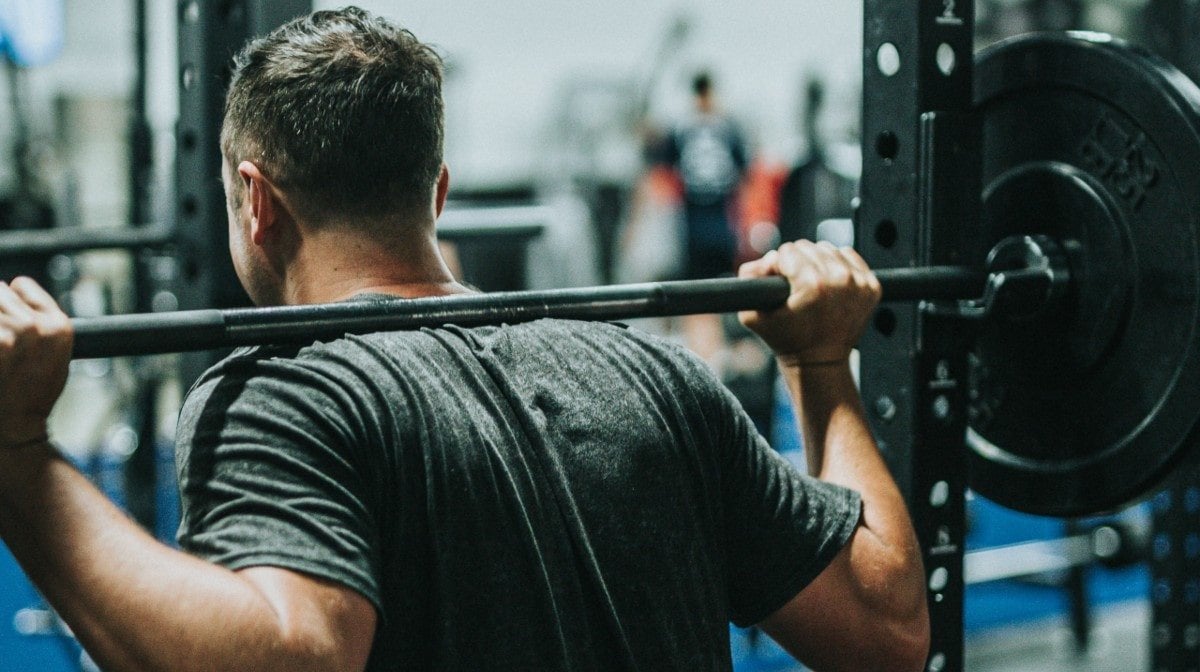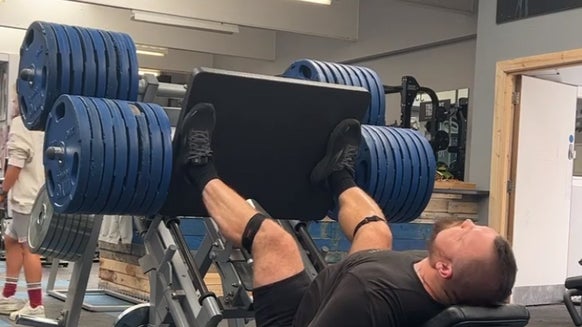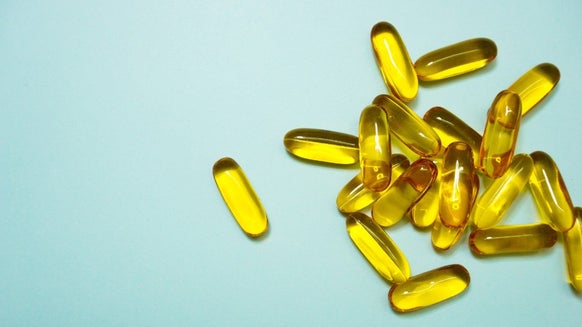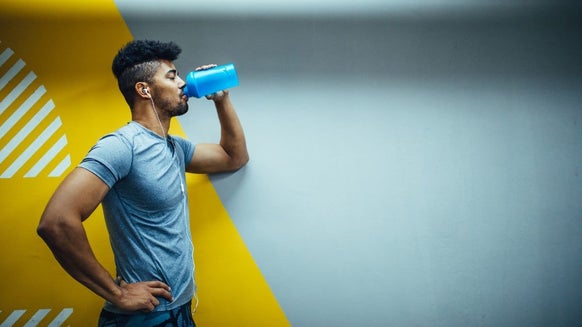Best Supplements For Muscle Gain & Fat Loss | Beginner’s Supplement Guide


1. Whey Protein
The number one choice when it comes to protein supplementation for a lot of people is Whey Protein.
Whey protein is as close as any supplement will ever get to being “required” in a training and diet program. With good reason too – as Whey is an excellent source of the most important muscle-building amino acids (branched chain amino acids) leucine, isoleucine and valine. These are key signals in triggering muscle protein synthesis¹ AKA new muscle growth.
Whey protein is also satiating whilst remaining low in calories, making it one of the best supplements for muscle gain and fat loss.
Vegans can easily opt for the likes of:
When to take and dosage?
The most common way to consume whey is post-workout – simply mix 1 scoop (usually 20-30g) with water or milk, depending on your preference. - However, whey protein can be used at any time you’re looking for a good source of protein be it breakfast, midday, before bed or just as a snack.
2. Creatine Monohydrate
The most tested and researched supplement on the market is Creatine Monohydrate, an organic acid that can be found naturally in food such as fish and beef.
Creatine helps to "volumise" the muscle, to help trigger protein synthesis, minimise protein breakdown and increase glycogen synthesis.³
Due to creatine helping you lift more for longer, you'll both increase your training volume and no doubt burn more calories, which makes it another one of the best supplements for muscle gain and fat loss.
When to take and dosage?
Creatine Monohydrate can be taken in one of two ways. You can “load” it in order to saturate your muscles quicker by taking 15-20g per day for 5 days followed by 5g per day as a maintenance phase. Or you can build it up slowly taking a smaller dose daily.
Read up on how best to take creatine here.
3. Omega 3
Probably the most underrated supplement on the market, Omega 3 is derived from fish oil. As an Essential Fatty Acid (EFA), it is just that – essential.
Omega 3 can be found in salmon, trout, free range eggs and grass-fed beef. Unfortunately, the amounts in these foods tend to be on the lower side. If you don't often eat these foods, supplementing could be for you.
Omega 3s have also been shown to help burn more fat for those in a caloric deficit. This is due to the fact it helps with beta-oxidation (the breakdown of fatty acids to be used as energy). Therefore, by supplementing more Omega 3, you have a better chance of increasing your body’s ability to use its own fat stores as energy and burning body fat in the process.
When to take and dosage?
A solid recommendation is taking in 5g of Omega 3 daily to get the maximum benefit. Read the label on your supplement as dosages may vary.
4. BCAAs
So, how do BCAAs help this?
BCAAs stimulate protein synthesis as they have previously been broken down into the amino acids required by your body to carry out the reaction. This means that the rate of protein synthesis increases. This is exactly how BCAAs can help maximise muscle recovery.
BCAAs reduce the number of bases that are released which signal to break-down protein. Understanding this makes it easier to understand how BCAAs increase protein synthesis – this results in more muscle being built. Due to this, BCAAs may be a valuable supplement to help you build muscle and lose fat.
Furthermore, they have been shown to reduce muscle soreness, meaning you can push even harder in the days following intense exercise.
When to take and dosage?
BCAA powder form can be taken in 5g dosages and anywhere from 1-4 times daily, whenever needed! Consume pre-workout, during training, post-workout or throughout the day to aid aching muscles.
When using our Essential BCAA tablets, the recommended dosage is two capsules twice a day. This will provide 4g a day of BCAAs with an optimal 2:1:1 ratio of leucine, isoleucine and valine.
5. Multivitamins
However, for most, it’s pretty difficult to squeeze in 7 essential vitamins, in addition to B vitamins, vitamin C, E, A and D3 – especially those who live a hectic lifestyle.
Including daily vitamins in the diet is more important for those who push their bodies through physical exercise.
When to take and dosage?
Take a multivitamin once, maybe twice daily with meals. Check the label as dosages vary.
Take Home Message
Supplementing the right way, eating well, training regularly and getting enough rest will definitely put you on the path to great fitness.
Supplements are designed to be an addition to your diet and workout regime, not designed to replace food. So make sure you’ve got these things in place first before you think about which supplements to add.
READ THESE NEXT:

Liam is a certified sport nutritionist with the International Society of Sport Nutrition and is enrolled on the British Dietetics Association’s Sport and Exercise Nutrition register. He has a Bachelor’s of Science in Sport and Exercise Science and is graduate of the ISSN Diploma in Applied Sport and Exercise Nutrition.
Liam is an experienced personal trainer, helping clients reach their health and fitness goals with practical, evidence informed exercise and nutrition advice. In his spare time Liam has competed in numerous powerlifting competitions and enjoys hill walking, football and expanding his recipe repertoire in the kitchen.Find out more about Liam's experience here.






